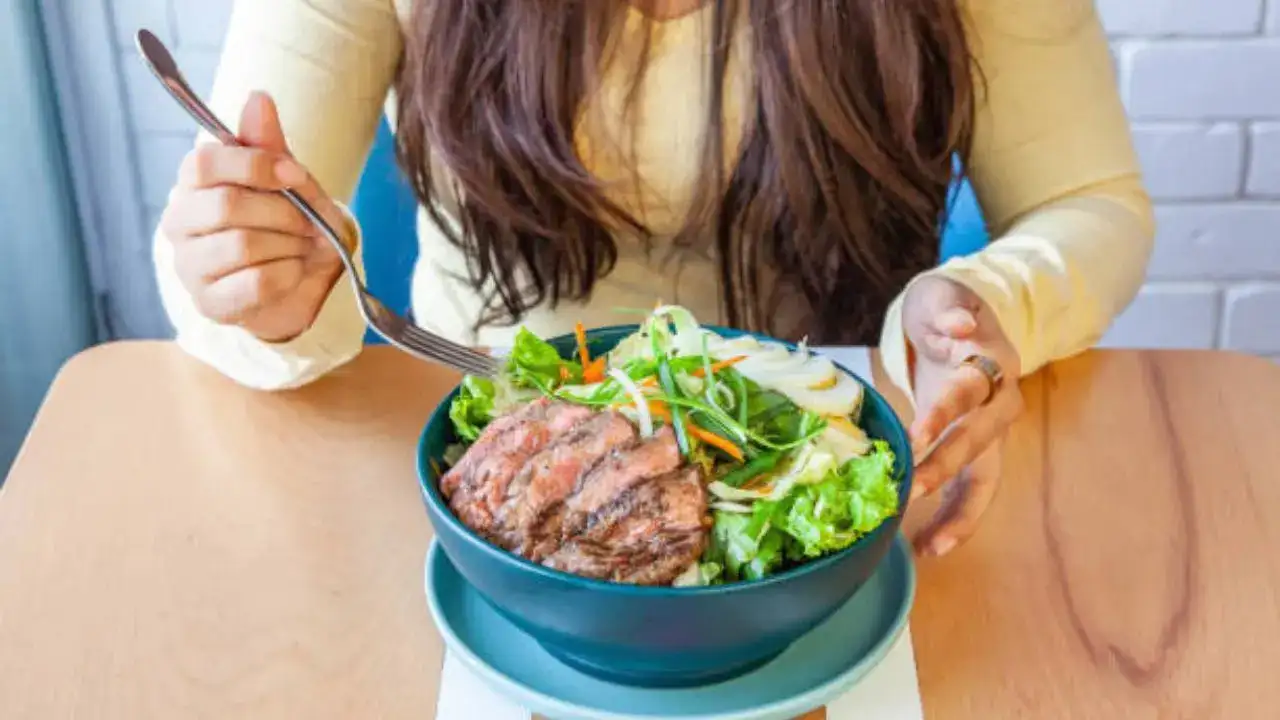
Lazy keto is different from the classic keto in which you do not have to count calories, fat, or protein with the latter
The lazy keto diet is a simplified version of the ketogenic diet—which involves consuming a very low amount of carbohydrates and replacing them with fat to help your body burn fat for energy. According to nutritionists, this diet is designed specifically to be more flexible and easier to follow than traditional keto, and so it is an extremely popular choice, making it a popular choice for those who are not able to keep up with the strict macronutrient ratios of keto.
Lazy keto is different from classic keto, in which you do not have to count calories, fat, or protein with the latter.
How does a lazy keto work?
While the lazy keto diet asks you to eat not more than 20 grams of carbohydrates daily, it does not track your calories. You also do not have to count other macronutrients like fat and protein. However, a lazy keto diet helps your body enter ketosis. Thereafter, your body burns fat for energy in this metabolic state instead of carbohydrates.
Your body usually uses glucose from the carbohydrates in the food you eat for energy. The glucose in your body is not used right away, and it gets stored in your cells for later. You will burn fat for energy if you severely restrict your carbohydrate intake.
How can you follow the keto diet?
You can start by assessing how many carbohydrates, proteins, and fats you would need daily. Either use an online calculator or talk to your doctor to make sure you can consume enough macronutrients for weight loss.
Eating at least 20 grams of daily carbs would mean around 5 per cent of your total calorie intake if you are on a 2,000-calorie diet. The rest, 60 to 35 per cent of your calorie intake, comes from fat and protein. You also need to understand carb counting and avoid eating bread and pasta, along with certain fruits, vegetables, and even dairy.
What should you eat on a lazy keto diet?
You can maintain ketosis by building a list of staple foods and meals, including a high-fat, moderate-protein, and low-carbohydrate eating plan. Low-carbohydrate options include:
- Berries like blueberries, raspberries, and strawberries
-
Butter, cheese, cream
- Brown rice
-
Avocados, coconut, olives
- Bell peppers, broccoli, cucumbers, leafy greens
-
Almonds, cashews, walnuts
- Lean meat, fish, pork, poultry
Foods you should avoid in the lazy keto diet
According to experts, the best way to successfully follow this diet is by limiting heavy foods to 20 grams or less daily. A few foods that you can avoid or limit on the lazy keto diet include:
- Milk and yogurt
- Apples, bananas, mangos, melons, and oranges
- Bread, breakfast cereals, crackers, pasta, and white rice
- Dried beans, lentils, and peas
- Corn, peas, and potatoes
- Energy drinks, juice and fruit drinks, soda, and sports drinks
-
Cake, candy, and cookies
What are the benefits of a lazy keto diet?
The primary benefit of a lazy keto is to help you lose weight quickly. A few benefits of following it include:
Helps you make informed decisions
A lazy keto diet can teach you about carbohydrates and identify the ones that have the most nutrients.
Can control blood sugar
A keto diet can help manage blood sugar, especially in those with type 2 diabetes, which can otherwise affect your eyes, heart, and kidneys if left untreated.
Suppresses food cravings
According to studies, a keto diet helps control your appetite. You might feel more satisfied after eating meals and snacks and have fewer food cravings.
Is it safe to follow a lazy keto diet?
The lazy keto diet may not be safe for everyone. It may not be safe for you to follow if you have:
- A history of eating disorders
- Issues with your gallbladder
- Liver disease
- Pancreatic disease
-
Thyroid disorders
Also, if you are pregnant or breastfeeding, do not try following the lazy keto diet, as according to studies, a low carbohydrate diet can increase the risk of birth defects. Also, do not follow the if you have a few underlying conditions like:
Heart disease
Consuming most of your calories from fat might increase your risk of heart disease.
Kidney stones
Too much lean meat, fish, pork, and poultry may increase the amount of calcium and uric acid in your kidneys, which causes kidney stones.
Nutritional deficiencies
The lazy keto diet limits several sources of minerals and vitamins, such as dairy, fruits, grains, and vegetables. You might develop nutrient deficiencies if you don't consume enough of those foods.
